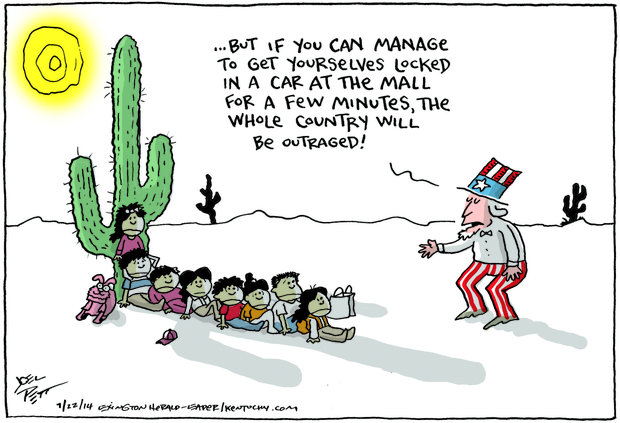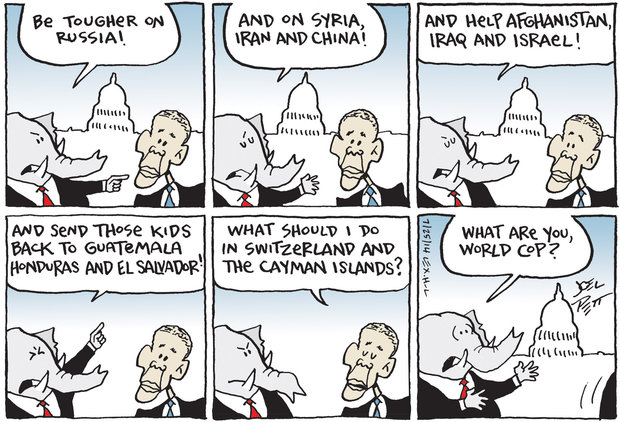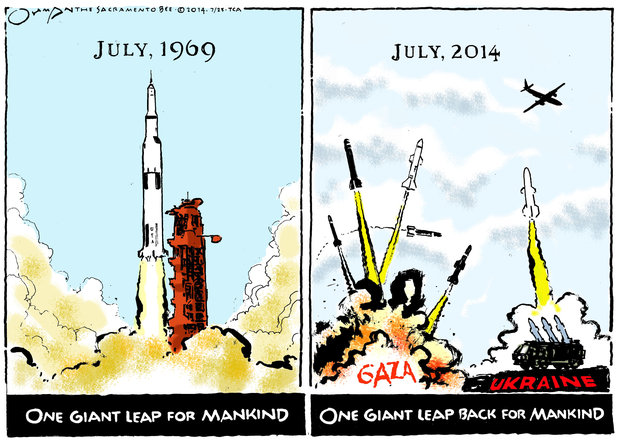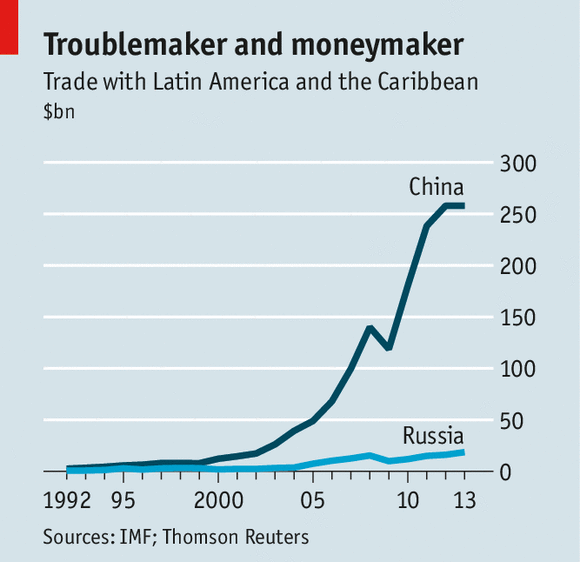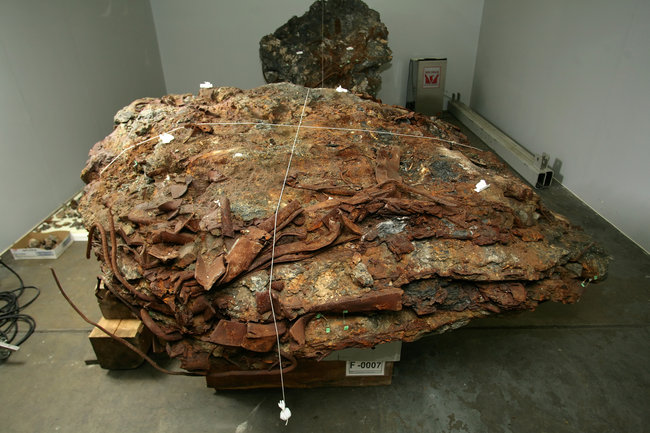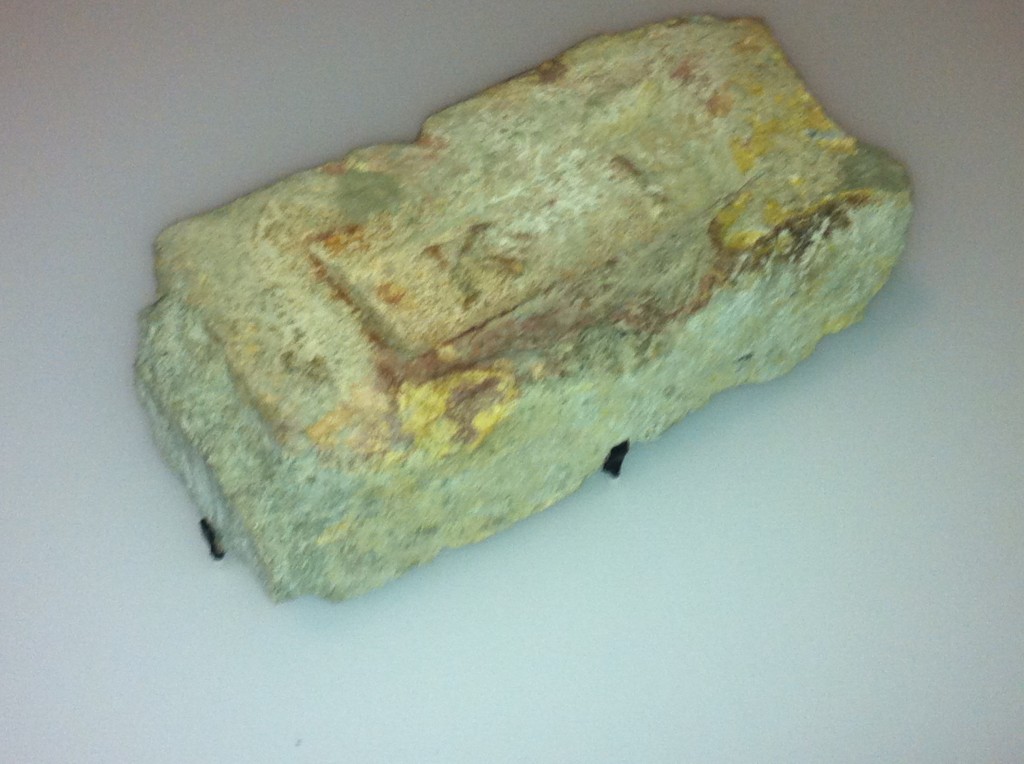The Hill quotes President Obama’s impromptu press conference on July 16:
We live in a complex world and at a challenging time…And none of these challenges lend themselves to quick or easy solutions, but all of them require American leadership. And as commander in chief, I’m confident that, if we stay patient and determined, that we will, in fact, meet these challenges.
Of course it is a complex time. But we make our lives much more complicated by the arms deals we make with other countries. In the last three years, the US has provided tens of billions of dollars in military weapons through Foreign Military Sales (FMS) to the United Arab Emirates (UAE); Qatar; Kuwait; and the Kingdom of Saudi Arabia (KSA).
Some are designed to protect against airborne missile retaliation and air attacks. For example, the US supplied Qatar ($9.9 billion), Kuwait ($4.2 billion), and UAE ($1.1 billion) with Patriot anti-missile systems and UAE also acquired a $6.5 billion theater anti-air defense (THAAD) system. The US also sold KSA $6.7 billion worth of KC-130 aerial refueling tankers, the UAE $4 billion and KSA $6.8 billion of munitions including “bunker buster bombs,” typically used to attack hardened targets like nuclear facilities (are you listening Iran?). Qatar received a $1.2 billion early warning radar; KSA $1.3 billion for 30 patrol boats for use in the Gulf of Hormuz; Qatar spent $3 billion on Apache attack helicopters used for special operations insertions. The list also includes Javelin missiles, F-18’s and F-16’s, and Sidewinder anti-air missiles.
Israel is the largest recipient of US Foreign Military Financing (FMF). For FY 2015, the President’s request for Israel adds up to about 55% of our global FMF funding. Annual FMF grants to Israel represent about 25% of the overall Israeli defense budget. We also agreed to sell Israel 19 F-35s in 2010, with options to increase that order to 75 planes. We have recently approved the only foreign sale of the V-22 Tilt-rotor Osprey aircraft to the Israelis for $3 billion.
Business Insider reports that we may have made our lives more complicated by weapons sales to Qatar. You probably are not aware that Qatar is one of Hamas’s reliable international partners:
Last week, Qatar closed the largest sale of American weaponry so far this year, purchasing $11 billion worth of Patriot missile batteries and Apache attack helicopters. The sale revealed that Qatar hasn’t exactly been lacking in strategic daring in the wake of its failed bet on Muslim Brotherhood-linked political movements throughout the Middle East.
Qatar is about the size of Connecticut. It has fewer than 300,000 citizens. The rest of its 2.1 million inhabitants are expatriates and foreign workers. Why does it need all these weapons?
The Israeli-Hamas fight shines a light on Qatar. The New York Times reported on the Qatari Emir’s 2012 visit to Hamas-controlled Gaza:
The emir, Sheik Hamad bin Khalifa al-Thani, pledged $400 million to build two housing complexes, rehabilitate three main roads and create a prosthetic center, among other projects, a transformational infusion of cash at a time when foreign aid to the Palestinian territories has been in free fall.
He was the first-ever leader of a country to meet with Hamas in Gaza. Business Insider quotes Jonathan Schanzer, the vice president at the Foundation for Defense of Democracies, who said that Qatar is “believed to be the primary financier of Hamas,” which has estimated annual operating expenses of around $1 billion. In June, Qatar attempted to transfer money for long-unpaid civil service salaries for Gaza-based Hamas members through the Arab Bank, a transaction that the Bank disallowed after apparent US pressure.
Qatar is arguably a counter-productive actor in the context of the biggest Israeli-Palestinian crisis since the Second Intifada of a decade ago. Business Insider reports that David Weinberg, a scholar at the Foundation for Defense of Democracies, said that Congress hasn’t been concerned enough with Qatar’s policies to put a hold on weapons sales, and it confirmed the Obama administration’s recent nominee as ambassador to Doha without controversy:
It’s not clear whether Congress has the stomach for a fight over these issues with an ostensible ally when…the administration seems to be vouching for Qatari conduct.
Yes, we vouch for conduct we can’t control, or in some cases, really influence. Why is it that the first thing our lawmakers think of is “send them more arms”?
The powder keg of the Middle East has been filled in part by our policymakers’ conflicted views of Middle East politics, but largely by the political influence of America’s military contractors.
Thanks to our Congress and President, it waits only for another spark to set it off. If and when that happens, count on someone in the administration or in Congress saying: “who could have anticipated THAT happening?”



